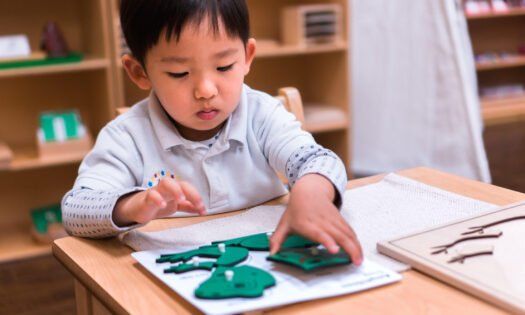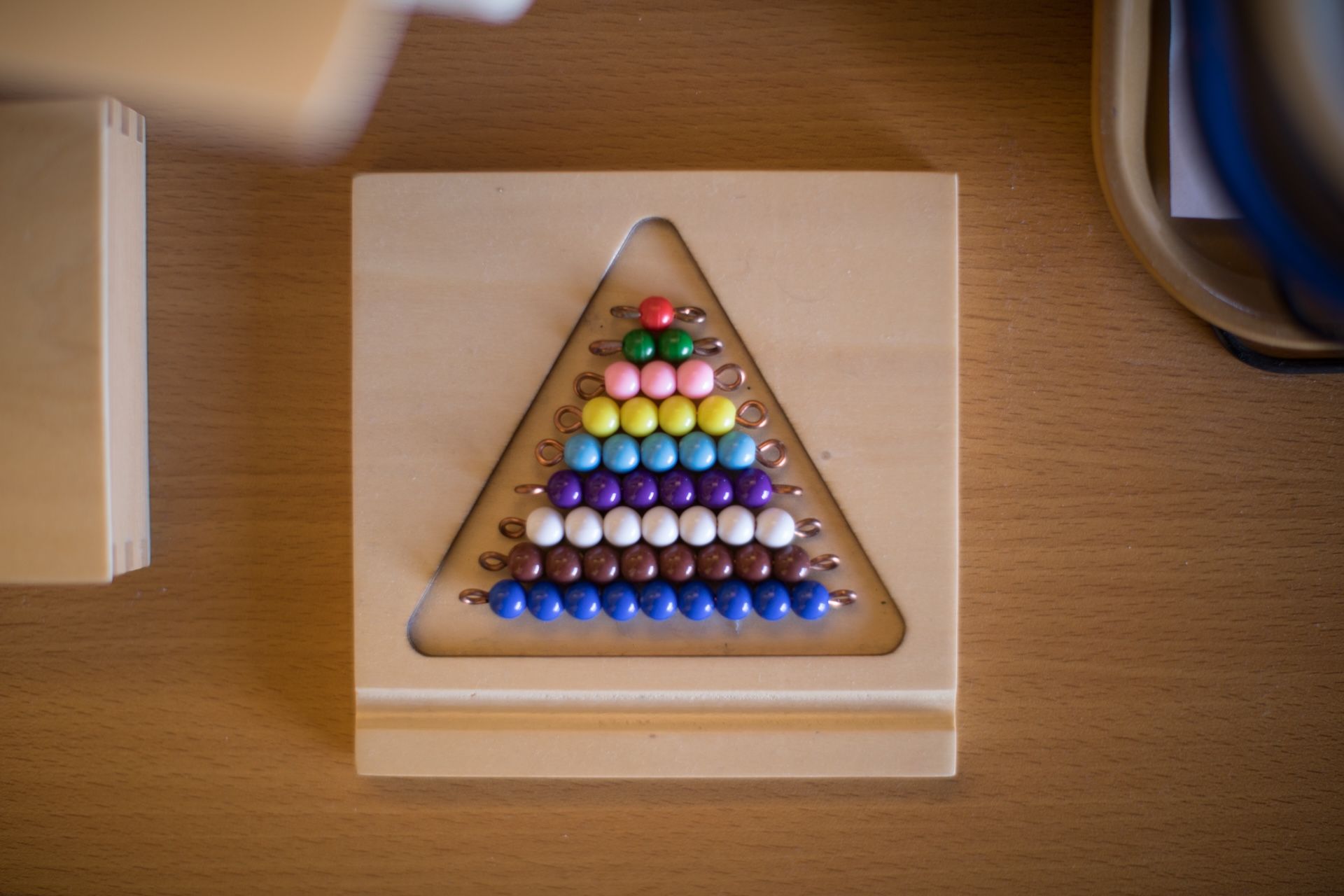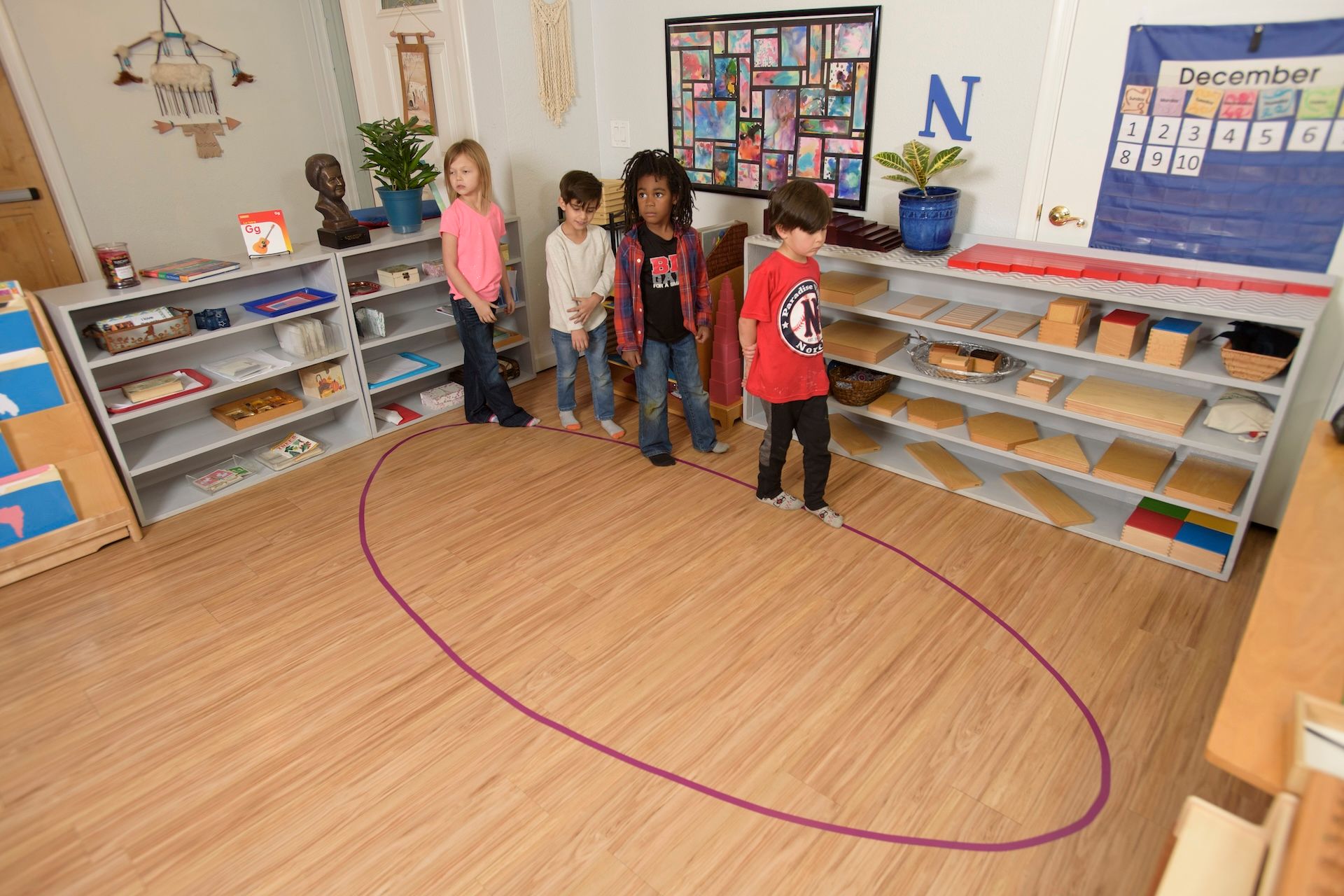The Magic Skill – a Secret to Your Child’s Success
Imagine a supplement that you could give your children that would not only improve their health as an adult, but offer them financial advantages and even keep them out of jail. While that bottle of magic pills is not yet available on Amazon, research has isolated a key predictor of future behaviors from today’s children. A 2010 study in the Proceedings of the National Academy of Sciences followed 1000 people from birth to the age of 32, discovering that a specific attribute at the age of 4 correlated with their health, wealth and criminality as an adult.
The name of the study was “ A gradient of childhood self-control predicts health, wealth, and public safety ,” authored by researchers from Duke University and King’s College London, and the attribute they were able to isolate was the child’s ability to self-regulate. Young children with strong self-control were physically healthier, managed their money better and were less likely to engage in criminal offenses as adults.
Self-control is part of a trio of skills scientists refer to as Executive Function. Executive function encompasses the group of skills that include flexible thinking, working memory, and self-regulation. Humans with a strong set of Executive Function skills are more efficient at juggling multiple tasks and time management.
Ninety percent of brain development occurs before the age of five.
A preschool age child working with developing executive function gets frustrated easily, throws things on the floor, acts out or has trouble following directions. With 90% of brain development occurring before the age of five, this is a crucial time to practice and develop executive function.
Maria Montessori, the Italian scientist and educator who founded Montessori education in 1906, opined, “Let us always remember that inner discipline is something to come, and not already present. Our task is to show the way to discipline. Discipline is born when the child concentrates his attention on some object that attracts him and provides him not only with a useful exercise but with a control of error.”
While the health, wealth and criminality research showing the importance of inner-discipline was a century away, Montessori emphasized the development of self-regulation in her pedagogy.
Inside the Montessori classroom, the students individually choose their work, deciding what to do on a given day, and how long to continue doing it. Specially curated activities (Montessori materials) are designed so that they can be completed and evaluated by the student (self-correcting) to minimize the role of the adult as an authoritarian.
The children become focused on their tasks, with no artificial time barriers to distract them. They have the opportunity for repetition of self-selected work, allowing the child to guide their learning during the time that their brain is most receptive to the information. They experience their own “I did it” moments, with a level of self-satisfaction that is not tied to praise, rewards, or the opinions of others. Their self-confidence in decision making blossoms, leading to more good decision making as they grow. The child feels balanced, can express himself, and is able to work more harmoniously as part of his community.
A child entering the elementary level without sufficient self-regulation is easily distracted, panics when routines change, and can’t readjust when a plan isn’t working. As he becomes a teenager, he is more likely to be a follower than a leader, has trouble with testing and finishing assignments, loses track of time, and tends to be impulsive when it comes to risky behaviors.
While Montessori is an optimal and evidence-based way to build a child’s executive function early, older children who are struggling may benefit from the help of clinical child psychologists, a pediatric neuropsychologist, special education teachers and organizational coaches.
At home, and at any age, parents can support the development of executive function providing a safe, consistent environment, working within the child’s capability and capacity to improve their self-regulation. Strategies include offering (equally acceptable) choices, being intentional about teaching practical skills, and encouraging independence with sufficient support for tasks in which a child can succeed.
The post The Magic Skill – a Secret to Your Child’s Success appeared first on Pebblecreek Montessori.
Hours
MONDAY - FRIDAY
HALF DAY: 8:30a – 12 noon
ACADEMIC DAY: 8:30a – 3:30p
EARLY CARE: 7:00a – 8:30a
AFTER CARE: 3:30p – 6:00p
OFFICE: 8:00a - 4:00p
Programs
Connect
Pebblecreek Montessori





